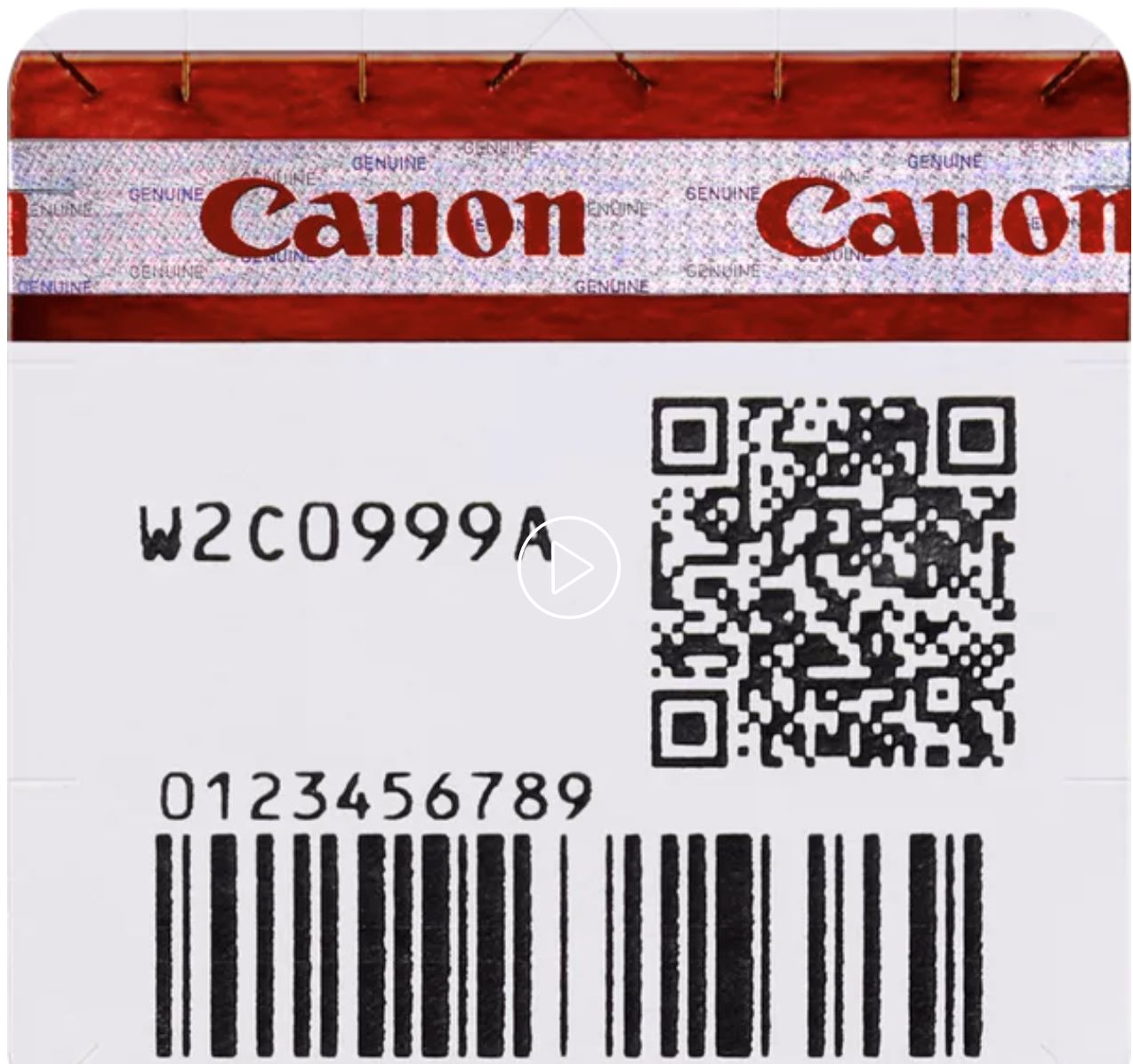



According to the Imaging Consumables Coalition of Europe, Middle East, and Africa, the imaging consumables industry is threatened by a €1.6 billion market in counterfeit supplies. Unfortunately, the problem of counterfeiting in this industry is nothing new.
Like its peers, Canon (a Japanese multinational corporation specialising in optical, imaging, and industrial products), faces challenges from counterfeiters, with the main threats coming from counterfeit batteries, battery chargers for digital cameras, and consumables for copiers and printers. As counterfeiters are becoming more innovative, most of the prominent brands in the imaging consumables industry are enhancing their efforts to combat fakes. This includes Canon, which employs a broad spectrum of measures against counterfeiting.
To start with, Canon’s global intellectual property system is characterised by each of its regional sales companies (in US, UK, China, Singapore, and Australia) having its own IP department, responsible for trademark filing and litigation. Canon has trademarks filed in over 190 countries.
The company uses a security hologram on the packaging of all Canon ink cartridges, ink bottles, copier toners and batteries. On some products, the hologram has a unique colour-changing feature which shifts from iridescent gold (or reddish-gold) to dark iridescent green.
As of 2021, Canon started using an additional hologram on some of its batteries, as well as battery recognition technology on camera batteries, whereby users can quickly identify a possible counterfeit when loading the battery into the camera.

Canon also carries out investigations and gathers market intelligence on counterfeit distribution networks, including manufacturers, wholesalers, retailers, and warehouse operators. It cooperates with police and administrative authorities in raiding counterfeiters’ premises and removing fake products from the market. These activities can span multiple countries.
Furthermore, the company monitors about 80 e-commerce platforms worldwide, and when counterfeit products are found, Canon files requests with the platforms to take down such listings or block the seller’s store. Canon is enrolled in the Amazon Brand Registry and Project Zero brand protection tools, which have aided both Canon and Amazon in identifying counterfeits on the Amazon store.
As part of its effort, Canon is pushing anti-counterfeiting awareness amongst all stakeholders. It actively informs consumers about the severe impact of counterfeit products on users and the importance of intellectual property protection. Through its microsite www.usa.canon.com/support/gray-market/about-counterfeits, Canon shares essential technical expertise with consumers, and encourages them to use its anti-counterfeit hotline to report suspicious Canon goods.
In addition, the company works with associations and trade bodies, and cooperates with customs authorities to prevent the export and import of counterfeits. To stop counterfeits at borders, it has registered the trademark ‘Canon’ with customs authorities and has trained customs officers in about 90 countries and regions to distinguish between genuine products and counterfeits.
Since the 1990s, Canon has aggressively enforced its IPR through lawsuits and the issuance of warnings and has pursued nearly 200 cases worldwide, with several wins to its credit.
In February 2022, Canon came to an agreement with a logistics company headquartered in China – together with its US-based fulfilment unit – to block counterfeit products from entering the US market. In this way, it was able to isolate a novel method by which counterfeit batteries were being introduced into the market. It found that instead of shipping the batteries directly to consumers in the US, China-based sellers were sending their goods in bulk to large US fulfilment warehouses, which were then shipping them on to US consumers.
Also in 2022, Canon filed a lawsuit against 52 sellers in Illinois who were selling counterfeit Canon products on US e-commerce websites. Soon after the suit was filed, about half of the defendants acknowledged the validity of Canon’s trademarks and agreed to cease selling counterfeit products immediately.
And just recently, Canon and Amazon jointly filed a lawsuit in Washington against 29 sellers of camera batteries and chargers on the Amazon US store, alleging infringement of Canon’s trademark rights.
Canon believes that bringing companies together and working with relevant organisations and e-commerce platforms to stop the distribution of counterfeits will contribute significantly to their elimination. So true; combating fakes requires global efforts; however, individual efforts are the first step in bringing us together.